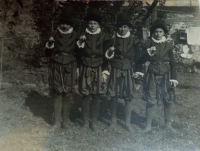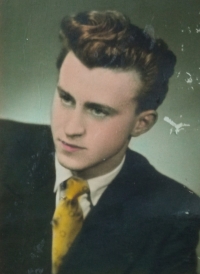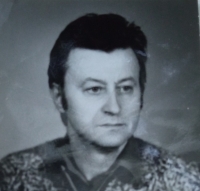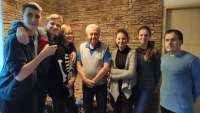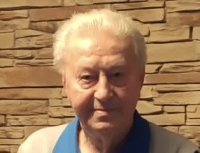As boys, we were curious and wanted to know what was going on

Download image
Bohuslav Pavelec was born on January 3, 1937 in Opatov, Moravia, but grew up in Jihlava. He experienced the end of the war as an eight-year-old boy and closely observed the digging of trenches by the prisoners in their street, the bridge destroyed by the partisans or the arrival of the Soviet army to relatives in the countryside. After the war, he became a member of the Quick Arrows reading club, went camping with his friends and hunted beavers. He trained as a machine mechanic, completed the military service in Prague, Prešov and Prostějov. He worked at the Jihlavan company almost all his life, where he also met his future wife. She originally came from Austria, so she had an Austrian passport, which caused various inconveniences, especially when traveling. His lifelong hobby is airplanes. In 2022 he lived in Bítovčice in South Bohemia.
